Research
Research
Our mission is to fix the broken healthcare system.
We are accelerating the research and development of new Precision Health technologies.
Our Stanford faculty director, Dr. Michael Snyder, pioneered the multi-omic, longitudinal baseline profiling approach to healthcare. Much of our research now focuses on the exploratory analysis of Big Data to create breakthroughs in our understanding of human biology and medicine.
Multi-Omic Profiling
Longitudinal Baseline Profiling
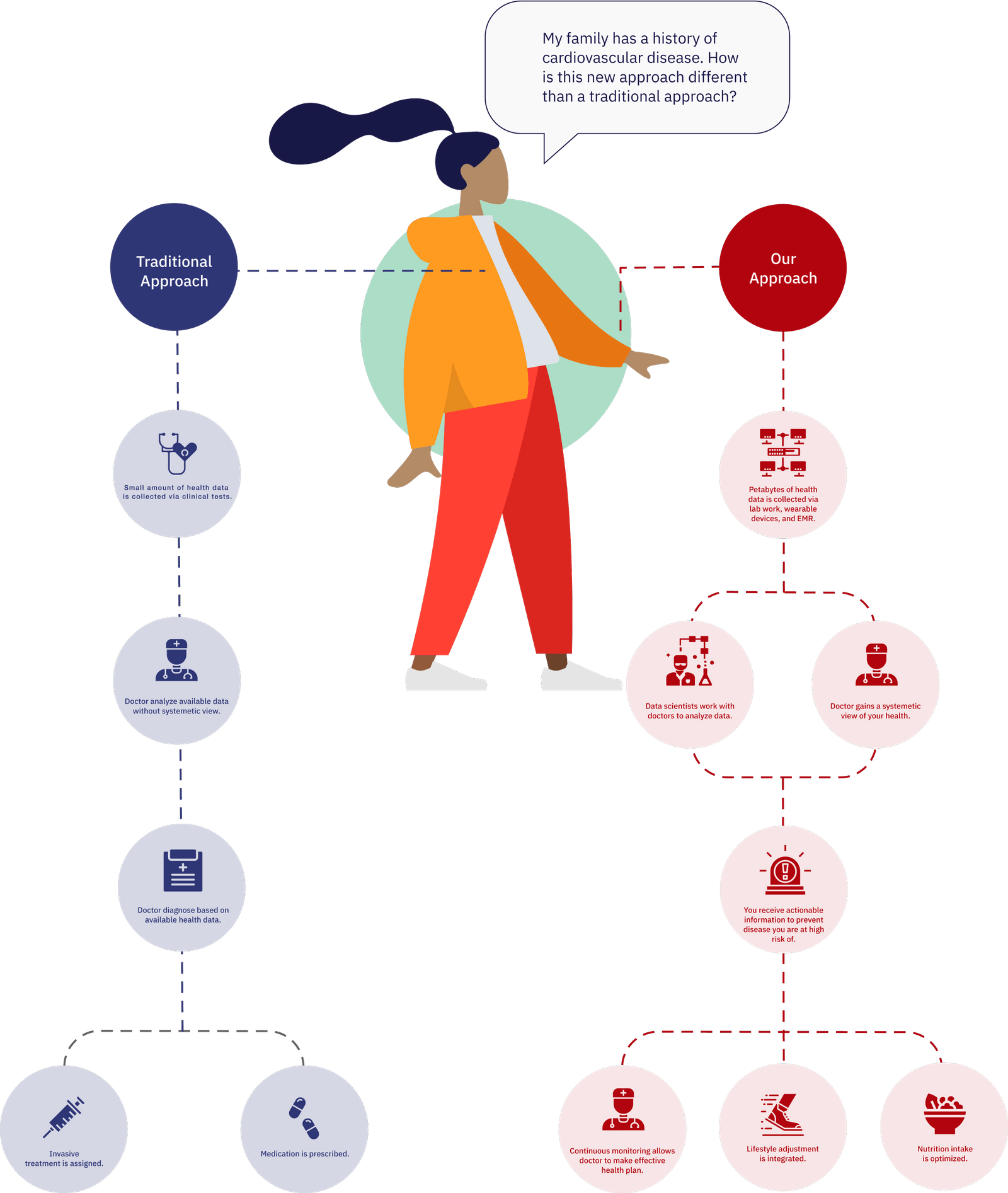
We are always looking for people like you to get involved in our community and participate in our research studies. Your engagement directly leads to progress in science which can eventually improve healthcare and save lives.
– builds on previous work detecting the infectious disease before symptoms
– is validating a free, open-source algorithm as a gift to the world
– ensures your data security and privacy
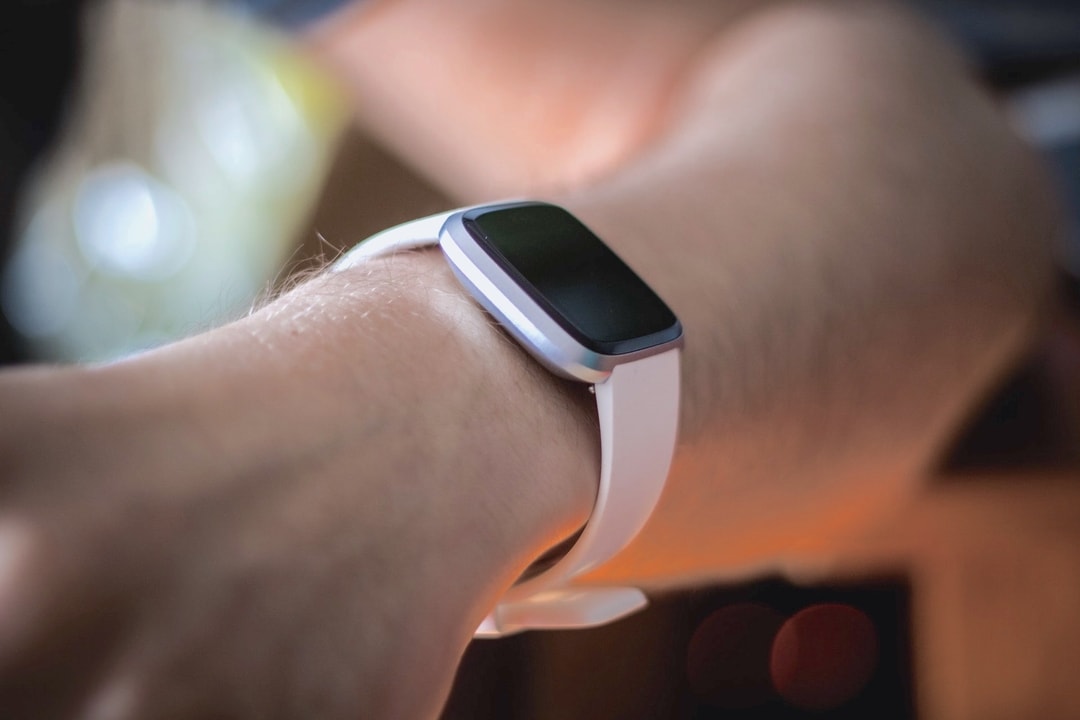
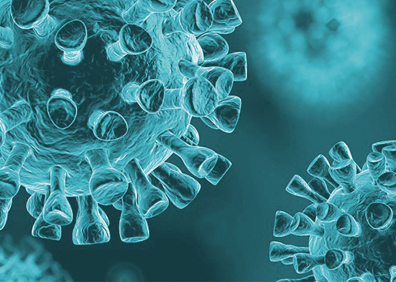
• 18 years old or older
• experience relapse episodes persisting at least 24 hours
Reach out to learn more and learn if you are eligible.

– rapidly develop and deploy necessary solutions
– access global resources relevant to COVID-19
– channel resources where our scientific and on-the-ground partners need it most

Integrated Personalized ‘Omics Profiling (IPOP)
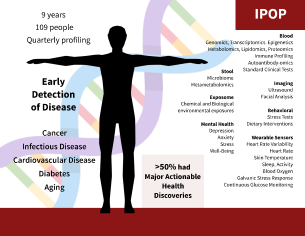
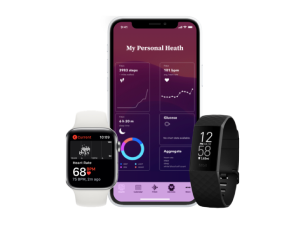

We are measuring biochemical changes across diverse systems all at once to understand interindividual differences and personal health trajectories during lifestyle activities, including exercise.
The Latest
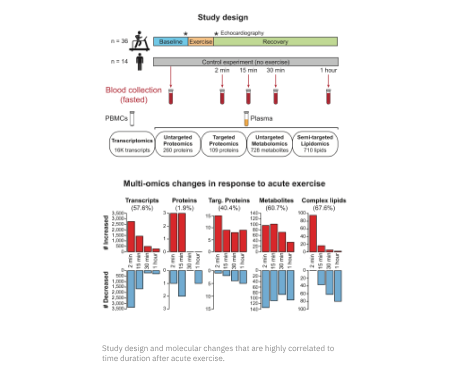
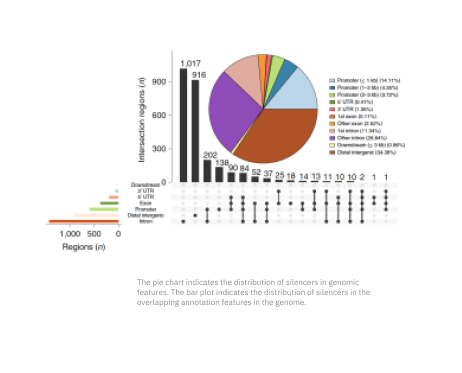
Metabolic Dynamics and Prediction of Gestational Age and Time to Delivery in Pregnant Women

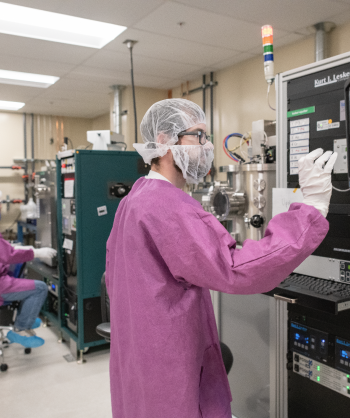


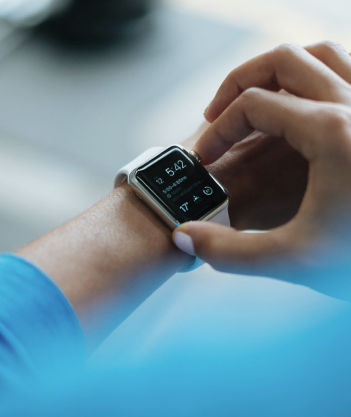



The healthcare innovation lab funds highly translational work at Stanford
in a non-linear fashion—allowing for high risk, high impact projects and
fast iteration to bring them to clinic and market. Your gift will fund the
most promising projects and allow for the creativity and flexibility that is
needed to drive paradigm shifting translational research and development.
Become a lab insider.
Sign up for our newsletter and be the first
to hear about new studies in development.
Subscriber Benefits
Connect
COVID-19 Wearables
